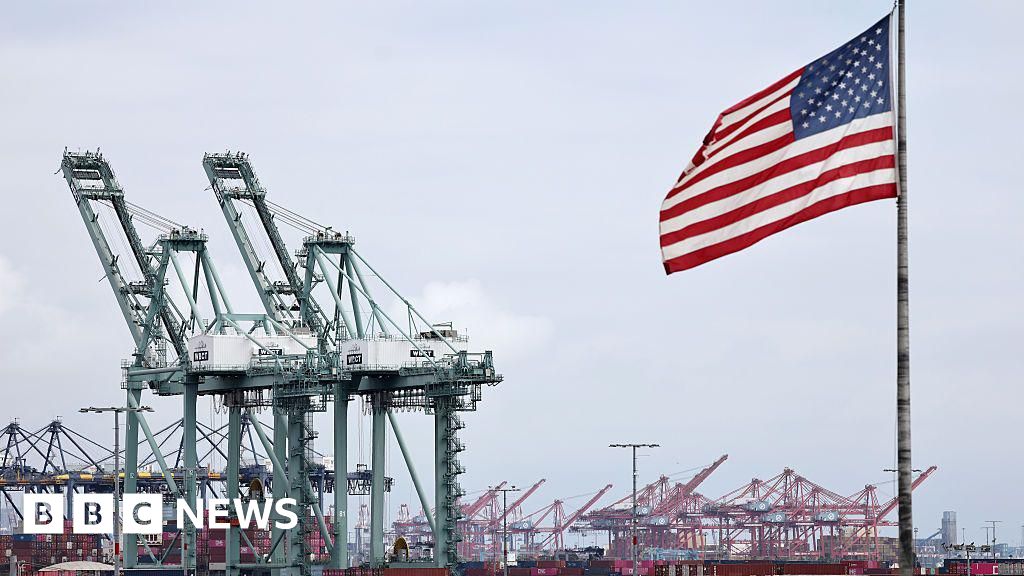Business
Govt announces Rs4.07 per litre hike in petrol price – SUCH TV

The federal government has announced a Rs4.07 per litre increase in petrol price for the next two weeks, till October 15.
According to a notification issued by the Finance Division, the revised prices are based on recommendations by the Oil and Gas Regulatory Authority (Ogra) and the ministries concerned.
With the latest increase, petrol will now cost Rs268.68 per litre, up from Rs264.31. The price of high-speed diesel (HSD) was also raised by Rs4.04, bringing it to Rs276. 18 from Rs272.77 per litre, read the notification.
In the previous fortnight, the government kept petrol prices unchanged at Rs264.61. However, the price of diesel was increased by Rs2.78 per litre.
Petrol powers small vehicles, rickshaws, and bikes, making price hikes especially hard on middle- and lower-income households who depend on it for daily commuting.
In contrast, a substantial portion of the transport sector depends on high-speed diesel. Its price is considered inflationary due to its widespread use in trucks, buses, trains, and farm machinery, such as tractors and tube wells.
The increased cost of high-speed diesel directly contributes to the rising prices of vegetables and other essential food items.
Business
Gadgets Now Awards 2025 recognise tech excellence – The Times of India

NEW DELHI: The Times of India Gadgets Now Awards 2025 celebrated last year’s standout gadgets at an event on Monday where technology met glamour. The event drew an eclectic gathering of distinguished guests who came together to recognise technological excellence across key categories, including smartphones, smartwatches, audio products, televisions and more.This year, the Awards that are in its 6th edition went a step further and also recognised India’s leading influencers and creators who are redefining the tech content landscape.

The winners included Samsung Galaxy S25 Ultra, which scored a double win as the Best Smartphone Editor’s Choice and Popular Choice.Apple iPhone 17 was adjudged the Best Premium Smartphone Editor’s Choice, while Samsung Galaxy S 25 won the Popular Choice in the same category.Samsung once again picked up 2 awards as Galaxy Z Fold 7 was crowned the Editor’s Choice and Popular Choice winner in the Best Foldable Smartphone category.Samsung Galaxy Book 5 Pro won the Editor’s Choice Best AI-powered gadget, while Neosapien Neo 1 was the Popular Choice winner.
Business
Google apologises for Baftas alert to ‘see more’ on racial slur

Google said the news alert was an error that should not have happened.
Source link
Business
Trump’s new global tariff comes into effect at 10%

The global levy comes in at 10%, lower than the rate the president had threatened at the weekend.
Source link
-

 Entertainment1 week ago
Entertainment1 week agoQueen Camilla reveals her sister’s connection to Princess Diana
-

 Tech1 week ago
Tech1 week agoRakuten Mobile proposal selected for Jaxa space strategy | Computer Weekly
-

 Politics1 week ago
Politics1 week agoRamadan moon sighted in Saudi Arabia, other Gulf countries
-

 Entertainment1 week ago
Entertainment1 week agoRobert Duvall, known for his roles in "The Godfather" and "Apocalypse Now," dies at 95
-

 Business1 week ago
Business1 week agoTax Saving FD: This Simple Investment Can Help You Earn And Save More
-

 Politics1 week ago
Politics1 week agoTarique Rahman Takes Oath as Bangladesh’s Prime Minister Following Decisive BNP Triumph
-

 Tech1 week ago
Tech1 week agoBusinesses may be caught by government proposals to restrict VPN use | Computer Weekly
-

 Sports1 week ago
Sports1 week agoUsman Tariq backs Babar and Shaheen ahead of do-or-die Namibia clash












